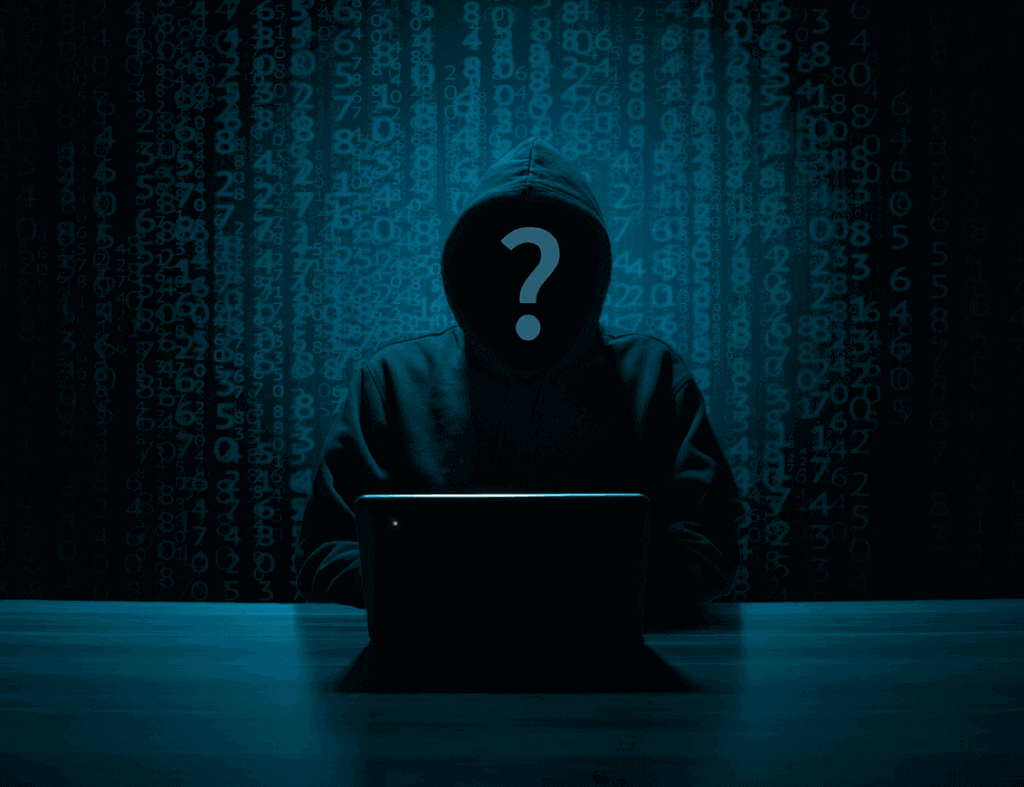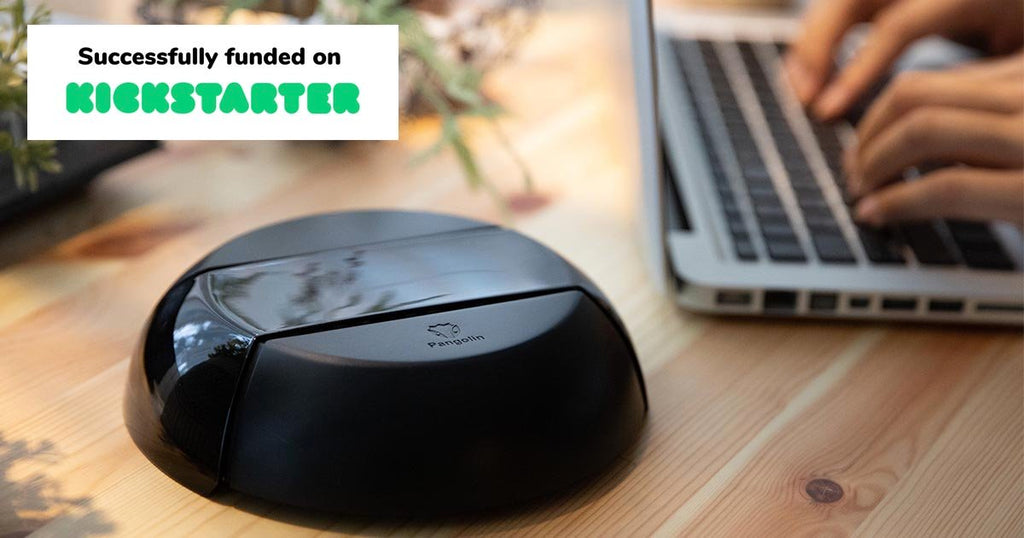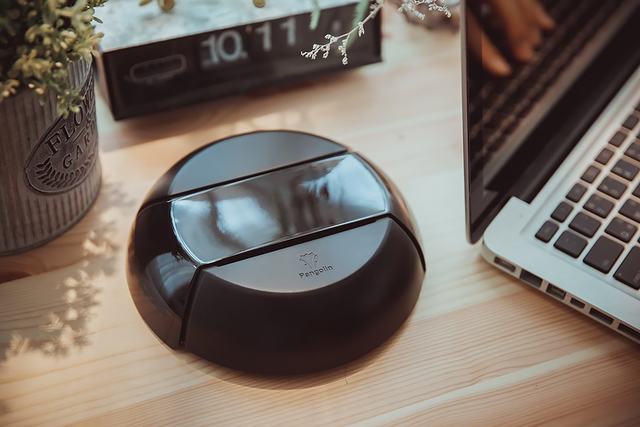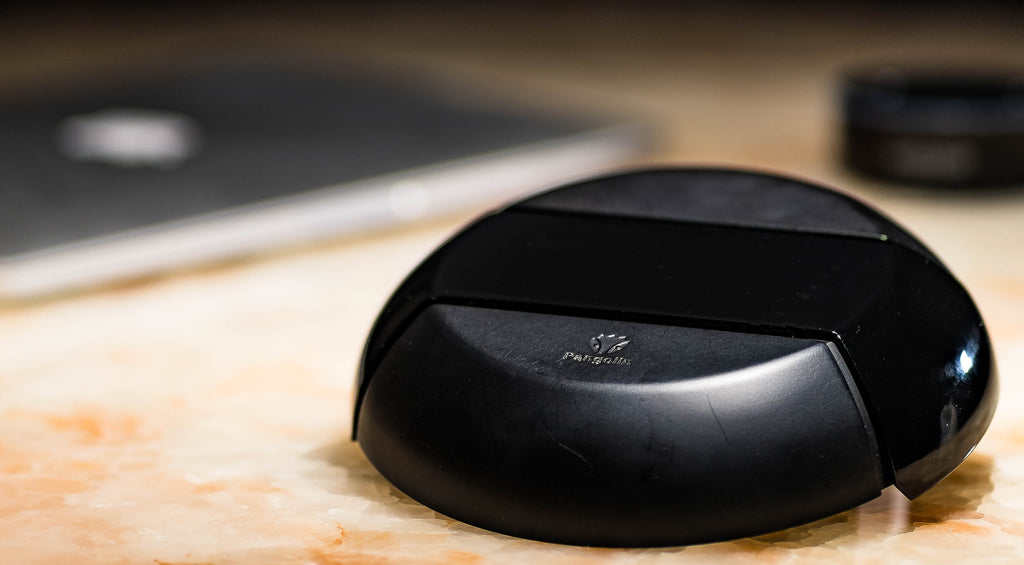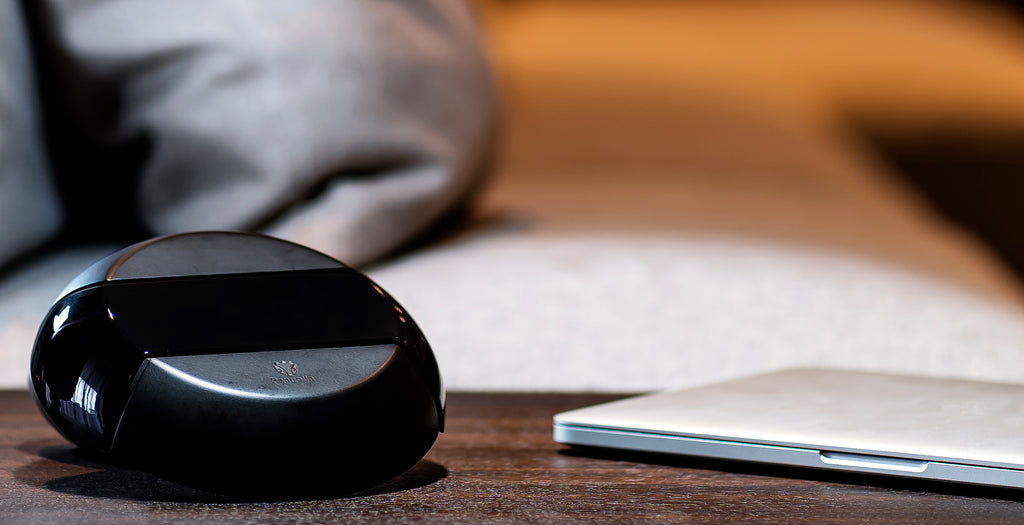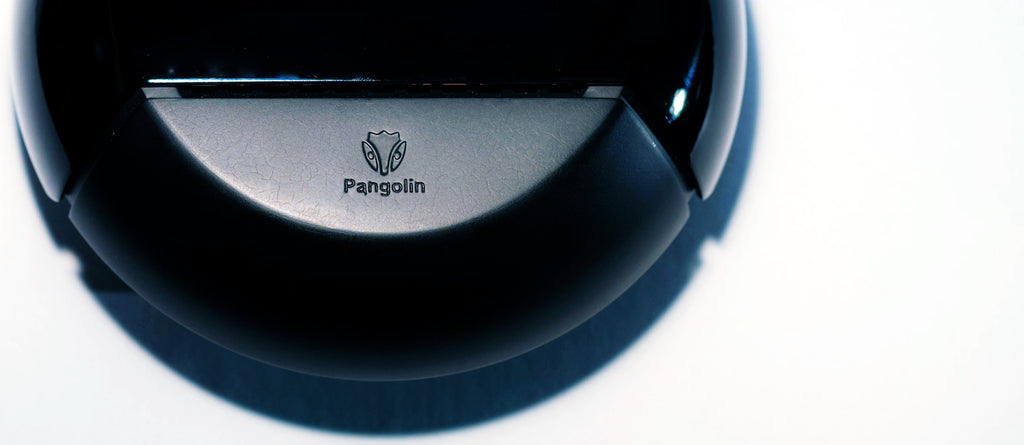One of the largest concerns about data privacy is the safety and accessibility of login credentials on websites run by large corporations.
We live in an amazing time. With the tap of a finger, you’re easily able to order groceries, get a car to pick you up, or buy a pair of sneakers.
However, what we often take for granted is what we’ve traded for all of this convenience: our data privacy. Now, billions of people have willingly shared anything from credit card details, home addresses, passport information, and more.
When we share this information with companies like Yahoo, Airbnb, Facebook, and more, we often take for granted the security of their servers.
Here’s a look at some large companies that weren't able to stop hackers:
Yahoo
In 2017, Yahoo had an astounding piece of news for users. It had found that over 3 billion accounts had been compromised. That’s more than a third of the world’s population, and even if you take into account the many people with two or three accounts, it’s still a huge chunk of the world’s personal information that has been accessed by nefarious parties.
Under Armor
The fitness brand’s popular phone app, MyFitnessPal, has been extremely useful for people. A calorie, exercise, and weight tracker, it helps people keep a holistic look at their fitness and diet. In March 2018, however, Under Armor announced that the usernames, email addresses, and some passwords of 150 million users had been compromised.
FedEx
It was disclosed in early 2018 that FedEx was the target of a successful hack. The cause: a legacy server that wasn’t password protected. This gave hackers and identity thieves a view of driver’s licenses, passports, addresses and phone numbers.
What can you do about it?
While the hacks above were out of your hands, it doesn’t mean that one can’t take steps that will help keep their accounts and information secure. Here are a few quick tips:
- Do not log into open public networks, especially in places like a café or a mall. These are some of the most vulnerable networks you can join, where your security isn’t often a priority.
- Change your password regularly. This might seem like an old tip, but it’s even more important to change your password at least every quarter, and don’t use old ones in a rotation!
- In addition, don’t use the same password for separate accounts. This makes it much harder for someone to log in to multiple accounts.
- Ensure that your home network is protected from malicious actors by protecting it with a device like Pangolin.
Remember, it’s not about giving up all of the convenience that comes with the digital age. You simply need to ensure that you take proper steps to protect your data privacy and account security.

